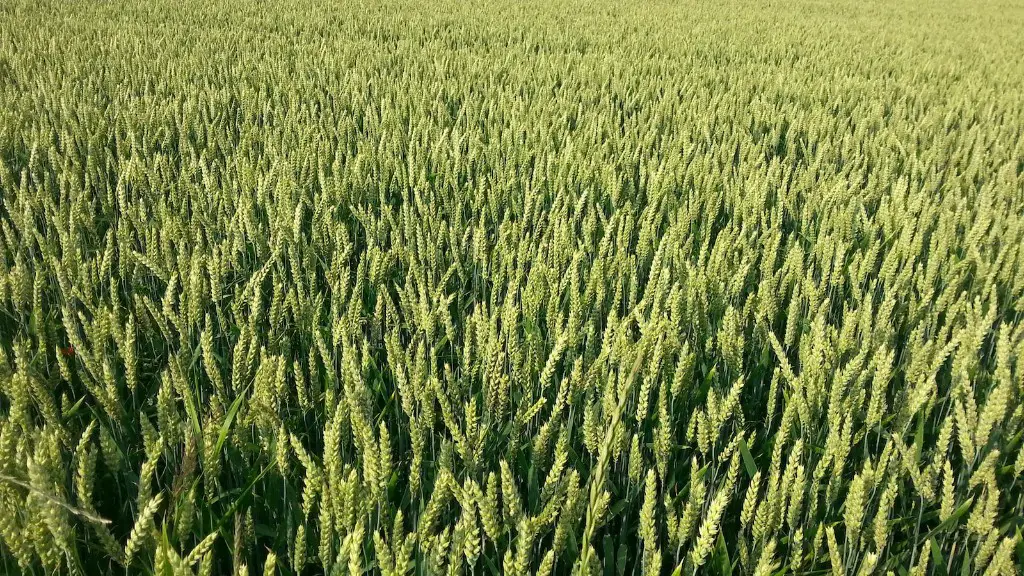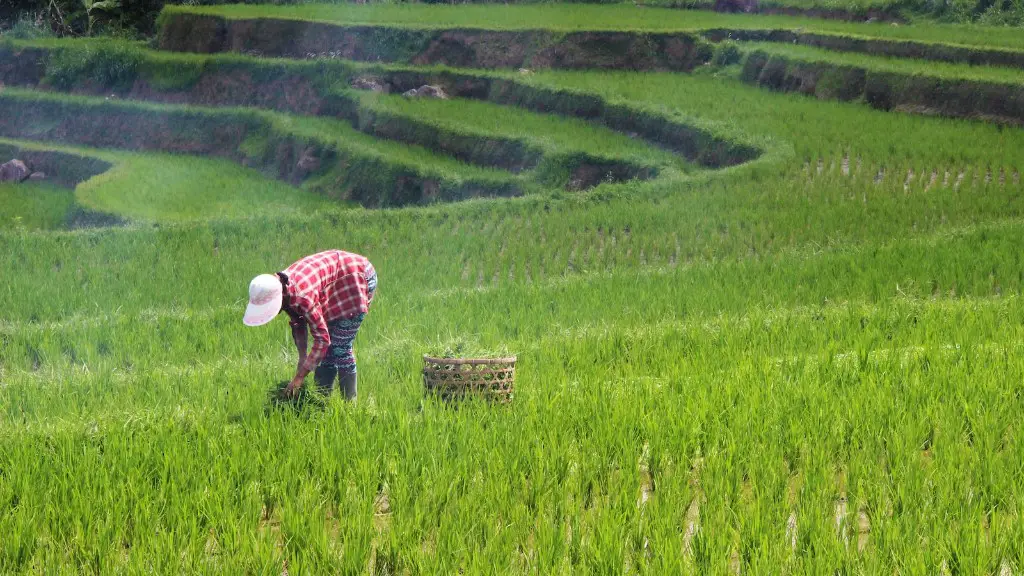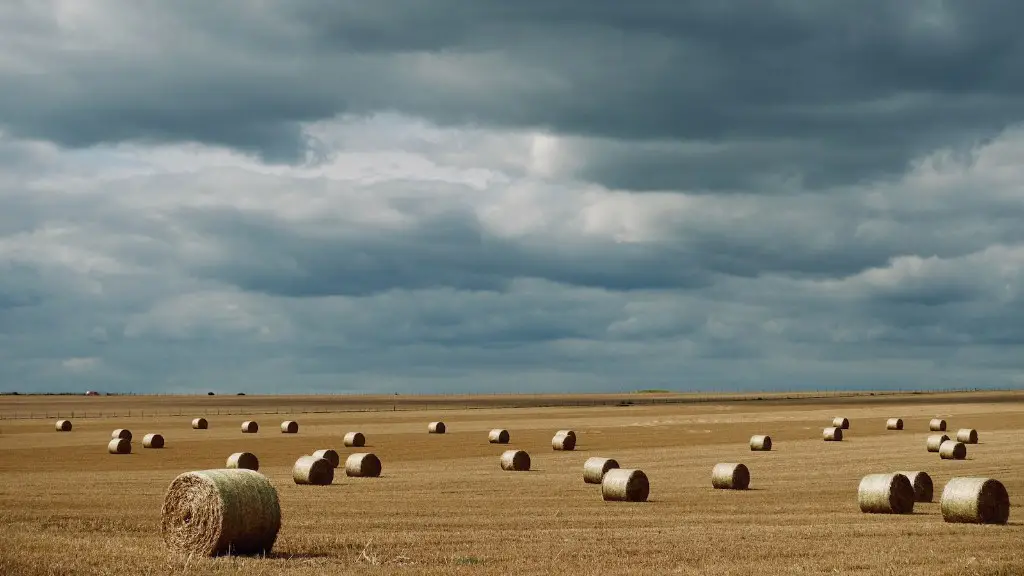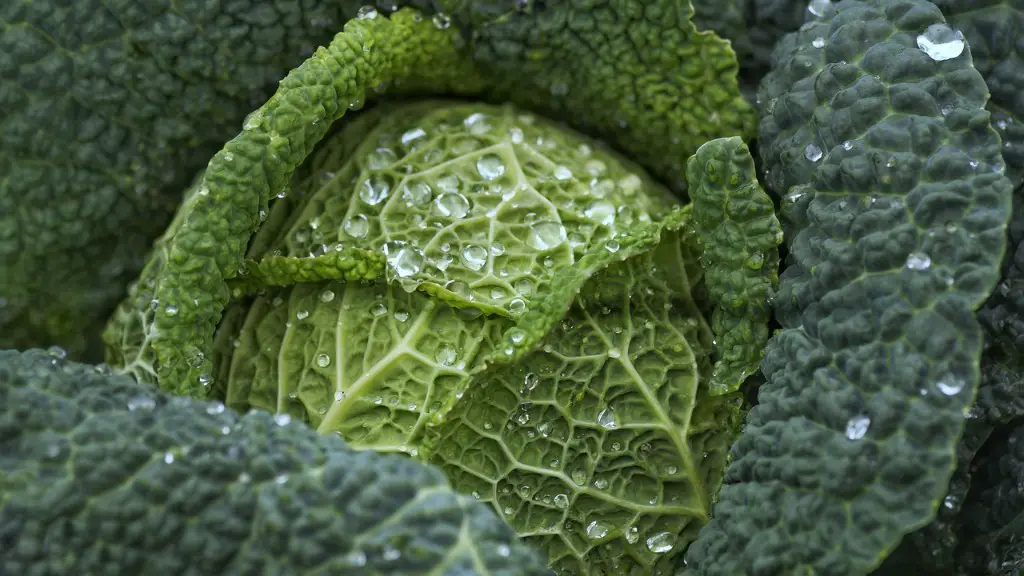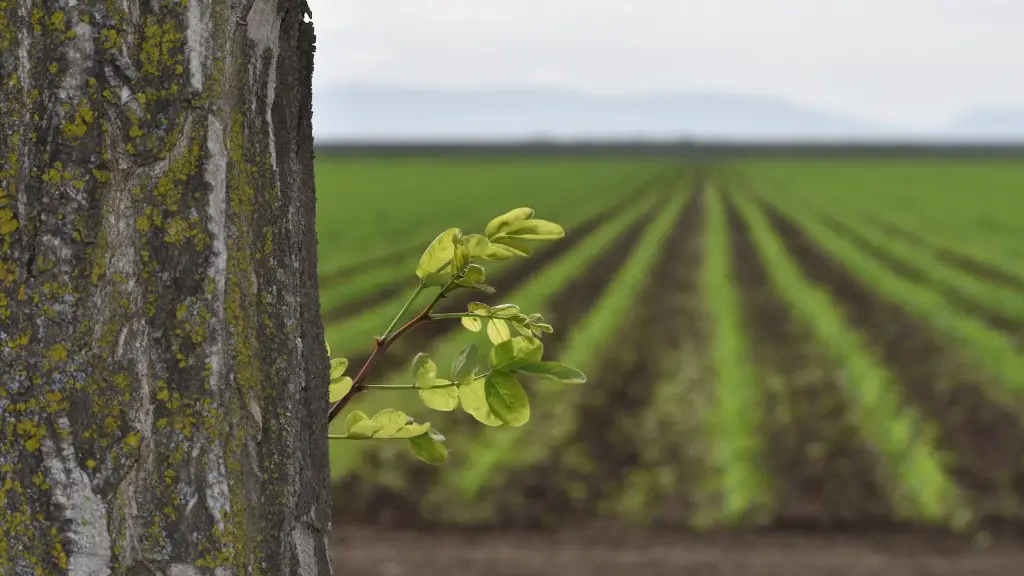Production record is a term used in agriculture to describe a method of documenting and tracking the production of crops and livestock. This information can be used to monitor the health and productivity of the animals and plants, as well as to make management decisions about breeding, feeding, and other husbandry practices.
A production record is an account of the quantity of a crop or animal produced by a farm during a given period of time.
What is the production record?
A production record is a working tool that outlines the type and quantity of foods that need to be purchased and available for the meal service. Production records must show how the offered meals contribute to the required food components and food quantities for each meal served to each grade group every day.
A production record is an album or single that features original music production, typically electronic music pieces where a music producer is the primary contributing artist. Production records can be a great way to showcase a music producer’s skills and style, and can be a great addition to any music fan’s collection.
What is an example of production record
There are a few different types of production records that are commonly used in agriculture. These include crop cultivation records, livestock production records, labour records, and machinery records. Each type of record serves a different purpose and can be helpful in tracking the progress of a farm.
Making productivity projections and forward planning are important steps for any business. This helps you to identify the strengths and weaknesses of your business, and prepare for future challenges. It is also important to apply for government programs or funding options that can help you to grow and succeed.
What are the four types of production records?
Pick Records:
-Must be completed by the end of each day
-Only include information for that day
-Include the date, time, amount, and type of product picked
Machine Harvest Records:
-Must be completed by the end of each day
-Only include information for that day
-Include the date, time, amount, and type of product harvested
Daily Sales Records:
-Must be completed by the end of each day
-Only include information for that day
-Include the date, time, amount, and type of product sold
Tax Records:
-Must be completed by the end of each day
-Only include information for that day
-Include the date, time, amount, and type of product taxed
Production records help you track how much food you are producing, as well as the yield of each crop. Financial records help you track your income and expenses, so that you can identify areas where you may be overspending.
Why production records are needed in farming?
Farm records are very important for running a successful farm business. They give a farmer information about production methods, cropping history and decision making. This information is critical for making informed decisions about the future of the farm business.
The production record report can be used to find the production title, production company, director, producers, unit production managers, assistant directors, the total number of scheduled production days, and the current production day, day of the week, and date. This report can be used to track the progress of a production and determine if the production is on schedule.
What are the two types of records important in agriculture
There are a few different types of risks that farmers face, and record-keeping can help manage these risks effectively. Financial risks include things like interest rates, commodity prices, and input costs. Production risks include factors like weather, pests, and disease.
Keeping accurate records can help farmers track trends and make informed decisions about how to protect their business from these risks. For example, if a farmer notices that their input costs have been steadily increasing, they can adjust their budget accordingly. Or, if they see that their yields have been declining, they might decide to invest in new technology or switch to a different crop variety.
No single risk management strategy is perfect for every farmer, but by tracking both financial and production records, farmers can make informed decisions that will help them protect their business and improve their long-term profitability.
Oluwaseun Agro Allied enterprise is a farm diary that includes a cash book, payment receipt, annual valuation record, farm inventory, yield and production record, payroll and labour record, and farm input utilization record. The farm diary is used to track the financial performance of the farm and to make decisions about farm operations.
What is an example of production agriculture?
These businesses are all involved in the agricultural production process, from growing and raising the crops or animals, to selling the products at retail. They play an important role in providing food and other products to consumers, and in doing so, help to support the agricultural industry as a whole.
A producer’s job is to shape the sound and feel of a record, working with the artist to realize their vision. In pre-production, the producer works with the artist to develop the songs, choose the right musicians, and plan for the recording process. During recording, the producer is responsible for capturing the best possible performance, and ensuring that the recordings meet the artist’s vision. In the post-production stage, the producer puts the finishing touches on the record, working with the artist to mix and master the tracks.
What are the three 3 types of production
Batch production is characterized by production runs of many identical products. In a continuous production system, product flows through the factory with minimal or no storage in between processes. Project production is characterized by the production of unique products or small batches of products.
Farm records are an important part of running a farm. They can help with things like keeping track of inventory, depreciation, receipts and bills, labour records, and details of machinery. Having good records can help farmers make better decisions about their farm.
How do you fill out production records?
Every production record should include the date the meal was served The meal type whether it’s breakfast, lunch, or dinner. The number of residents receiving the meal.
1. Temporary records are typically destroyed after a set period of time, unless they are needed for legal or business purposes.
2. Permanent records should be kept indefinitely, unless they are needed for legal or business purposes.
3. Unscheduled records may be destroyed after a set period of time, unless they are needed for legal or business purposes.
4. Records on legal hold should be kept until the legal matter has been resolved.
What are five 5 kinds of records that must be kept
There are a few different types of records that you may need to keep for your business. Financial records are important to track the income and expenses of your business. Legal records may be required to keep track of any agreements or contracts that you have with customers or vendors. Employee records are important to keep track of employee information and job performance. policy and procedures may need to be kept in order to document the procedures for your business. Other business records may include marketing materials, sales records, or customer information.
Information is any data that has been processed in a meaningful way. This can include text documents, images, spreadsheets, databases, and any other type of data that has been organized in a particular way. In order to be considered “information,” this data must be presented in a form that is suitable for its intended use.
Warp Up
A production record is a document or set of documents that contains information about the agricultural production of a farm. This information can include details about the quantity and quality of the crops or livestock produced, the methods used to produce them, and the costs associated with production. Production records can help farmers to track their progress and identify areas where they may need to make changes to improve their operations.
In conclusion, production record in agriculture refers to the documentation of events throughout the production process of a crop, from planting to harvest. This record-keeping is essential for tracking the progress of the crop, identifying potential problems, and ultimately, producing a successful yield.

